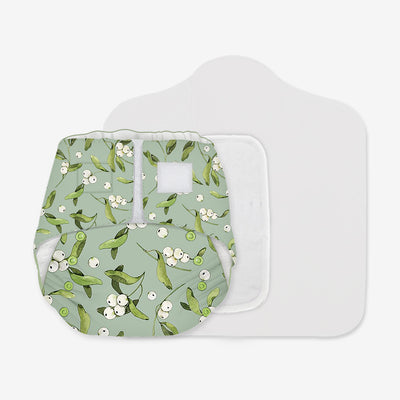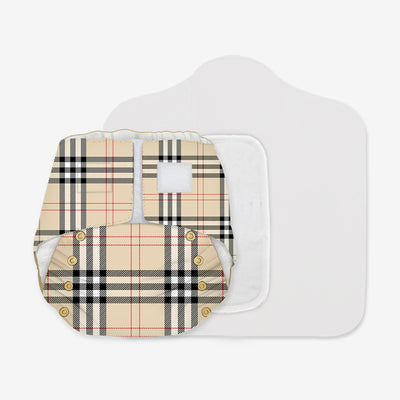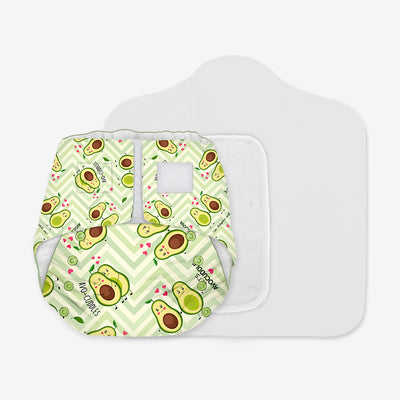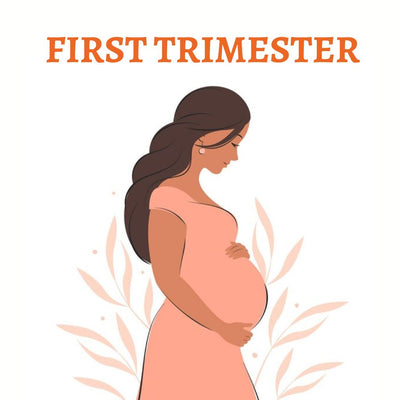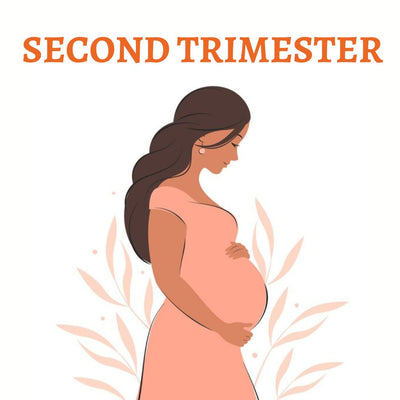Third Trimester
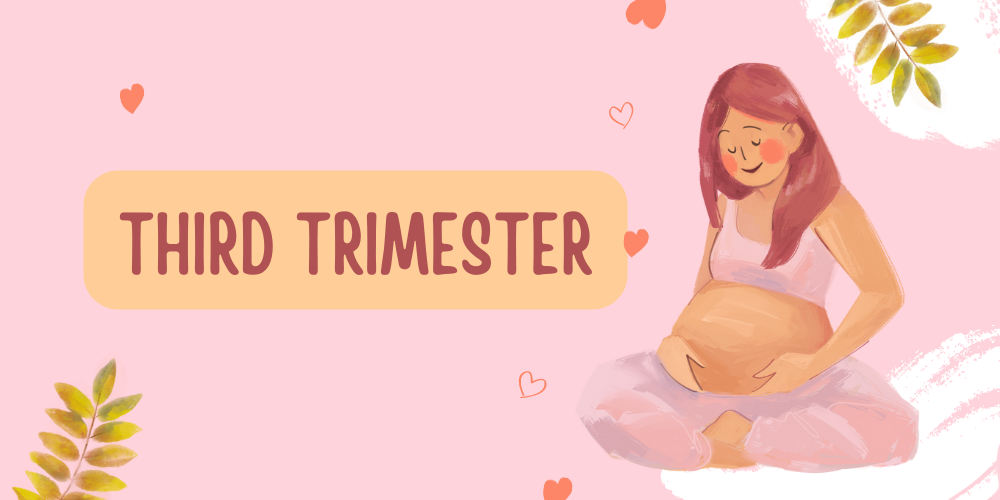
The third trimester of pregnancy is an exciting and crucial period, bringing both joy and anticipation. It is during this phase that your baby undergoes rapid development, and your body experiences notable changes. In this blog post, we will explore the duration of the third trimester and delve into the key aspects of your baby's development. Additionally, we will discuss what to expect and provide a checklist to help you navigate through this final stage of pregnancy.
Duration and Conclusion: Unveiling the Length of the Third Trimester:
The third trimester marks the final leg of your pregnancy journey and typically spans from week 28 to week 40. While the duration can vary slightly from woman to woman, it generally lasts for about 12 to 14 weeks. This period is crucial for your baby's growth and development, as well as for your body to prepare for childbirth.
As you near the end of the third trimester, it's important to remember that every pregnancy is unique, and your healthcare provider will closely monitor your progress to ensure the well-being of both you and your baby. Towards the end of this trimester, you may experience a mix of excitement and anticipation as you eagerly await the arrival of your little one.
Your Baby's Development in the Third Trimester:
During the third trimester, your baby undergoes remarkable growth and development.
Weight Gain and Size: Your baby gains significant weight, roughly doubling or tripling in size. By the end of the trimester, they can weigh anywhere between 5 to 9 pounds or more.
Organ Maturation: The third trimester is characterized by the maturation of vital organs, such as the lungs, liver, and brain. These developments prepare your baby for life outside the womb.
Movement and Kick Counts: As your baby grows, you'll feel their movements become stronger and more pronounced. Monitoring kick counts can help ensure their well-being. Consult your healthcare provider to understand what is considered normal for your baby.
Positioning: Towards the end of the third trimester, your baby will likely settle into a head-down position in preparation for birth. However, some babies may remain in a breech position, requiring additional attention from your healthcare provider.
What's in Store for You This Trimester:
The third trimester brings both physical and emotional changes for expectant mothers.
Physical Discomfort: As your baby continues to grow, you may experience increased fatigue, back pain, swollen feet and ankles, frequent urination, and difficulty sleeping. These discomforts are common and can be managed with proper self-care, rest, and support.
Emotional Rollercoaster: Hormonal changes, combined with the anticipation of childbirth, can lead to mood swings and heightened emotions. It's important to prioritise self-care, seek emotional support, and communicate openly with your loved ones.
Preparing for Labour: Use this trimester to educate yourself about the labour and delivery process. Attend childbirth classes, discuss birthing preferences with your healthcare provider, and create a birth plan to help you feel more prepared and empowered.
Third Trimester Symptoms:
The third trimester may bring various symptoms, including:
Braxton Hicks Contractions: These practice contractions can become more frequent and intense as your due date approaches. Differentiating them from true labour contractions can be challenging, so consult your healthcare provider if you have concerns.
Heartburn and Indigestion: The growing uterus can exert pressure on the stomach, leading to discomfort and acid reflux. Making dietary adjustments such as consuming frequent, smaller meals and avoiding foods that trigger heartburn can be effective in alleviating these symptoms.
Swelling and Water Retention: It's common to experience swelling in the feet, ankles, and hands during the third trimester. Elevating your feet, wearing comfortable shoes, and avoiding standing or sitting for prolonged periods can assist in reducing swelling.
Shortness of Breath: As your baby grows, they occupy more space in your abdomen, pushing against your diaphragm and potentially causing shortness of breath. Take breaks, practice deep breathing exercises, and maintain good posture to enhance breathing.
Checklist for the Third Trimester:
To stay organized and prepared during the final weeks of pregnancy, consider the following checklist:
1. Attend prenatal appointments regularly and discuss any concerns or questions with your healthcare provider.
2. Pack your hospital bag with essentials for both you and your baby.
3. Install the car seat and ensure it is correctly fitted.
4. Finalize your birth plan and communicate your preferences with your healthcare provider and birth support team.
5. Take childbirth education classes to learn about labor, pain management techniques, and breastfeeding.
6. Set up the nursery and wash your baby's clothes and bedding.
7. Create a support system of family and friends who can assist you during and after childbirth.
As you enter the third trimester, embrace the remarkable journey of your baby's development and prepare yourself physically, emotionally, and practically for the exciting arrival of your little one. Remember to cherish these final moments before motherhood embraces you wholeheartedly.



